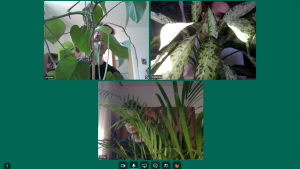The Post-Bio-Internet Collective explores natural and virtual environments through participatory actions, investigating the influence of online phenomena and their systems of representation in the perception of our physical reality. This new virtual collective subjectivity offers us new possibilities, as it promotes the idea that today—as Joseph Beuys predicted—everyone is an artist, thus assigning a new role to shared images and their producers.
Contributors 2020
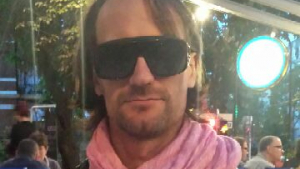
Raphael Perret is a Zurich based artist, exploring the interplay between physical and virtual spaces, the closing of circles, as well as the examination of value systems. Since 2012, he has worked on the informal-illegal recycling of e-waste in India and is researching from a socially engaged, artistic perspective the aesthetic of decaying technology as well as the circumstances of the workers in India.
Rihards Vitols work is about relationships with nature, environment and technology. He is driven by the desire to design speculative devices for different environments and enjoy the unknown results and interaction to environments. Seeing him self as a mediator between environment and his work he puts him self in a bystander position to observe interaction between his work and environment. By utilizing scientific methodology he visualize the results in objects, prints and video formats that are represented as artifacts of his works interaction events.
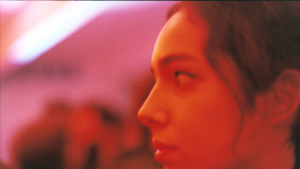
Rita Graça (PT) is a media designer and researcher based in Rotterdam, with a background in graphic design and dance. She is currently studying for a Master's degree in Experimental Publishing at the Piet Zwart Institute.
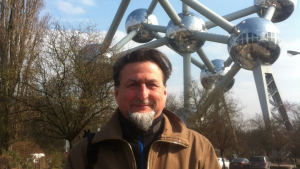
Rob La Frenais has been a curator and writer since 1979. Before that he made early video art and performance in the ‘70s. He founded Performance Magazine in 1979, which continues as Performance Magazine Live on social media. His other social media projects are Future of Transportation and Wild Rowing. Between 1997 and 2014 he was the curator of The Arts Catalyst, the science and art organisation.
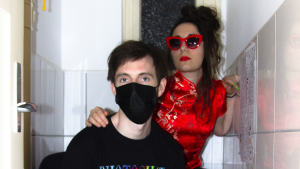
Sai Bao & Yang Mu is an artist duo living and working in digital social networks.
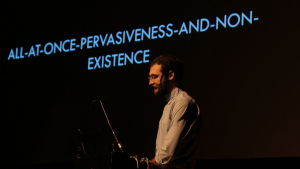
Samuel Hertz is a Berlin-based composer and researcher investigating connections between sound and climate, emphasising geologic, ecologic, and social listening practices at more-than-human scales. As the first winner of the DARE Prize for Radical Interdisciplinarity, he researched Infrasound alongside climate scientists, music psychologists, and paranormal investigators, with a premiere at Opera North (UK).
As a researcher, Hertz has been involved with HKW’s Anthropocene Curriculum since 2016 and is the author of six essays on sound and environment, including collaborations with Studio Tomás Saraceno, Sonic Field and Critical Path.
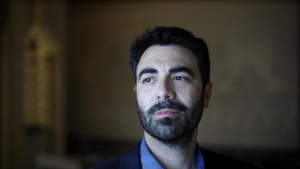
Santiago Zabala is a philosopher and cultural critic. Since 2010 he has been ICREA Research Professor of Philosophy at the Pompeu Fabra University in Barcelona, where he teaches contemporary philosophy, supervises Ph.D. theses, and directs the UPF Center for Gianni Vattimo’s Archives and Philosophy. In addition to an extensive speaking schedule at conferences, festivals, and biennales, Zabala is also visiting professor at Renmin University, IDSVA, and several other international institutions.
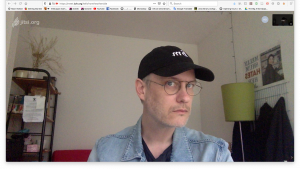
Simon Browne (AU) is an artist and researcher, a Contingent Librarian, and a student of Experimental Publishing at the Piet Zwart Institute. He is the initiator of the *bootleg library*, a social infrastructure based around a collection of unauthorised republished texts. His practice focuses on particular, situated social infrastructures, the tools that support them, and the contingencies they offer.


